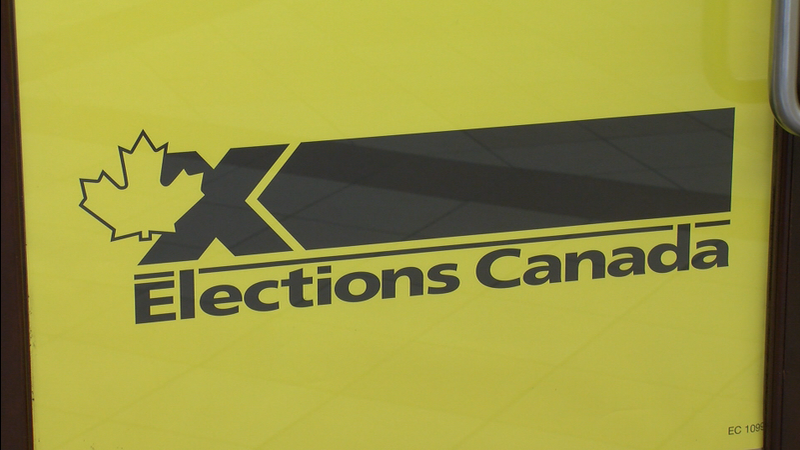
ROTHENBURGER: Will we vote with our heads or our hearts in this election?
MONDAY’S ELECTION seems more about who not to vote for than who to vote for. In attack ads and daily media statements, party leaders focus on instilling fear in voters about the possible election of one of their opponents, whom they characterize as the embodiment of everything that’s wicked.
It’s about fear mongering and choices between the lesser of evils. Whenever two voters get together to talk about the election, it’s guaranteed there will be a discussion of “who I don’t want to win.”
A Leger poll this week even declared that two things will decide the election outcome: turnout and strategic voting. Almost one in three respondents who said they lean towards the NDP said the close race could make them decide to vote Liberal instead. Almost the same number who said they planned to vote for the People’s Party of Canada said they might switch to the Conservatives to keep the Liberals out.
Strategic voting is encouraged or railed against depending on who’s talking or what day of the week it is. Erin O’Toole and the Conservatives urge voters not to vote for the People’s Party of Canada because it will help the Liberals. A vote for the PPC is nothing more than a vote for Justin Trudeau, they say.


